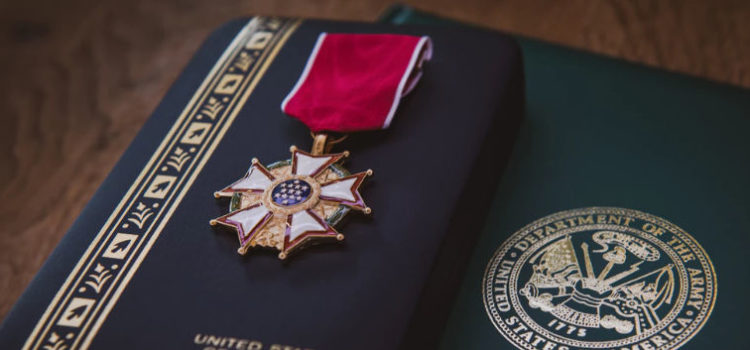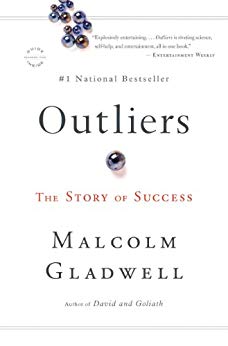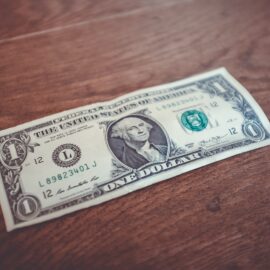

This article is an excerpt from the Shortform summary of "Outliers" by Malcolm Gladwell. Shortform has the world's best summaries of books you should be reading.
Like this article? Sign up for a free trial here .
What is a culture of honor? Why do people in a culture of honor tend to be more violent and respond to insults more aggressively?
Learn how the culture of honor began with farming practices in the past, and why it continues centuries later today.
The Culture of Honor in the South
A culture of honor is one in which your self-worth (and sometimes your livelihood as well), is based on your reputation. If you come from a culture of honor, you’re more likely to fight someone who challenges you and, therefore, jeopardizes your reputation. Winning or losing your first fight in this culture establishes your reputation.
Whether or not you come from a culture of honor may impact how you respond to certain situations, which can affect your life trajectory dramatically. In the Appalachians between the 1860’s and the early 1900’s, a series of rivalries and murders rocked the area. Researchers saw the violence as fitting a pattern, and a culture of honor may be to blame.
We’ll cover that soon. But first, how does this culture of honor arise?
Two Ancient Livelihoods, Two Different Cultures
Some of us descend from farmers, others from herdsmen. This affects our present-day culture, and thus our present-day success.
Livelihood #1: Agriculture
The theory is that agriculture requires cooperation and interdependence. Farmers depend on each other and the community to grow and sell a variety of crops. There is also a degree of security in farming. You don’t have to worry much about neighbors stealing your livelihood because nobody can steal a field of crops overnight. Agriculture fosters a culture of cooperation.
Livelihood #2: Herding
On the other hand, herding is a risky and solitary venture. Animals can be stolen more easily than a field of crops. The herdsman must demonstrate his aggression and strength to protect himself and his animals. Areas unsuitable for agriculture, like rocky, mountainous areas, foster a culture of honor.
Old Cultural Influences Persist to Today
For actual farmers and herders, it makes sense to behave the way their professions demanded of them. Indeed, many of the residents of Appalachia were descendents of immigrants from the Scottish lowlands, the northern counties of England, and Ulster in Northern Ireland—some of the “most ferocious cultures of honor” in the world.
But by the 1860’s, herding animals was no longer the primary means of livelihood in Appalachia. They were no longer herders, so it didn’t make immediate sense to retain the same behaviors that made herders successful.
Gladwell argues that cultural habits like culture of honor can persist far longer the circumstances that gave rise to the habits. The culture passes down from generation to generation, even if the newest generation is in a different situation that no longer requires the cultural behaviors.
For instance, a way of life (herding animals) led to a cultural trait (aggressively defending your honor) that still impacts descendents no longer herding animals for a living.
In this case, what are the material consequences of a culture of honor? Studies show that crimes in the south tend to be personal and more violent than crimes in the north. Murders occur more frequently in the south than in the rest of the country and tend to involve two people who know each other and understand the reasons behind the conflict. On the other hand, crimes of property and “stranger” crimes are much lower in the south.
Our cultural legacies impact us long after we’ve ceased to practice the particular elements of our culture that spawned them.
Experiment: The Culture of Honor
In the 1990’s, psychologists at the University of Michigan conducted an experiment to examine the legacy of the culture of honor in the south. The experiment looked at the way college-aged men responded to being called an asshole. The experiment involved several steps:
Step #1: The researchers directed the young men to drop off a questionnaire at the end of a long hallway. Before reaching the end, a second party (a confederate of the experiment) pulled out a cabinet drawer, narrowing the space of the hallway. When the subject of the experiment tried to squeeze by, the confederate slammed the door and called the subject an asshole.
- At this point, researchers examined subjects’ faces and rated levels of anger. They shook their hands to assess the firmness of their grip. They took saliva samples before and after the hallway incident to measure levels of cortisol and testosterone (markers of stress and aggression).
- They tried to figure out what being called an asshole “meant” to the participant. Did he feel his reputation was being attacked? Or was it merely a nuisance?
Step #2: The researchers then asked the men to read a story about one man hitting on another man’s fiancé. There was no ending to the story, and the researchers asked the men to make up their own: How would Man #1 react to Man #2 hitting on his fiancé?
Culture of Honor Experiment Results
The men fell into two distinct groups. The determining factor was where the men were from.
The Reactions of Men from the North:
- Northerners laughed off the insult when they were called an asshole. They seemed amused by the situation.
- The force of their handshake grip remained the same.
- Their cortisol and testosterone levels actually decreased, as if they were unconsciously trying to calm themselves down.
- Few imagined Man #1 acting violently toward Man #2 in retaliation for hitting on his fiancé.
The Reactions of Men from the South:
- Southerners were angry.
- The force of their handshake grip increased.
- Their cortisol and testosterone levels increased.
———End of Preview———

Like what you just read? Read the rest of the world's best summary of "Outliers" at Shortform . Learn the book's critical concepts in 20 minutes or less .
Here's what you'll find in our full Outliers summary :
- What makes some people outliers, and most others not
- Why some genius outliers end up failing in life
- Why Asians are good at math, and other curiosities of culture






